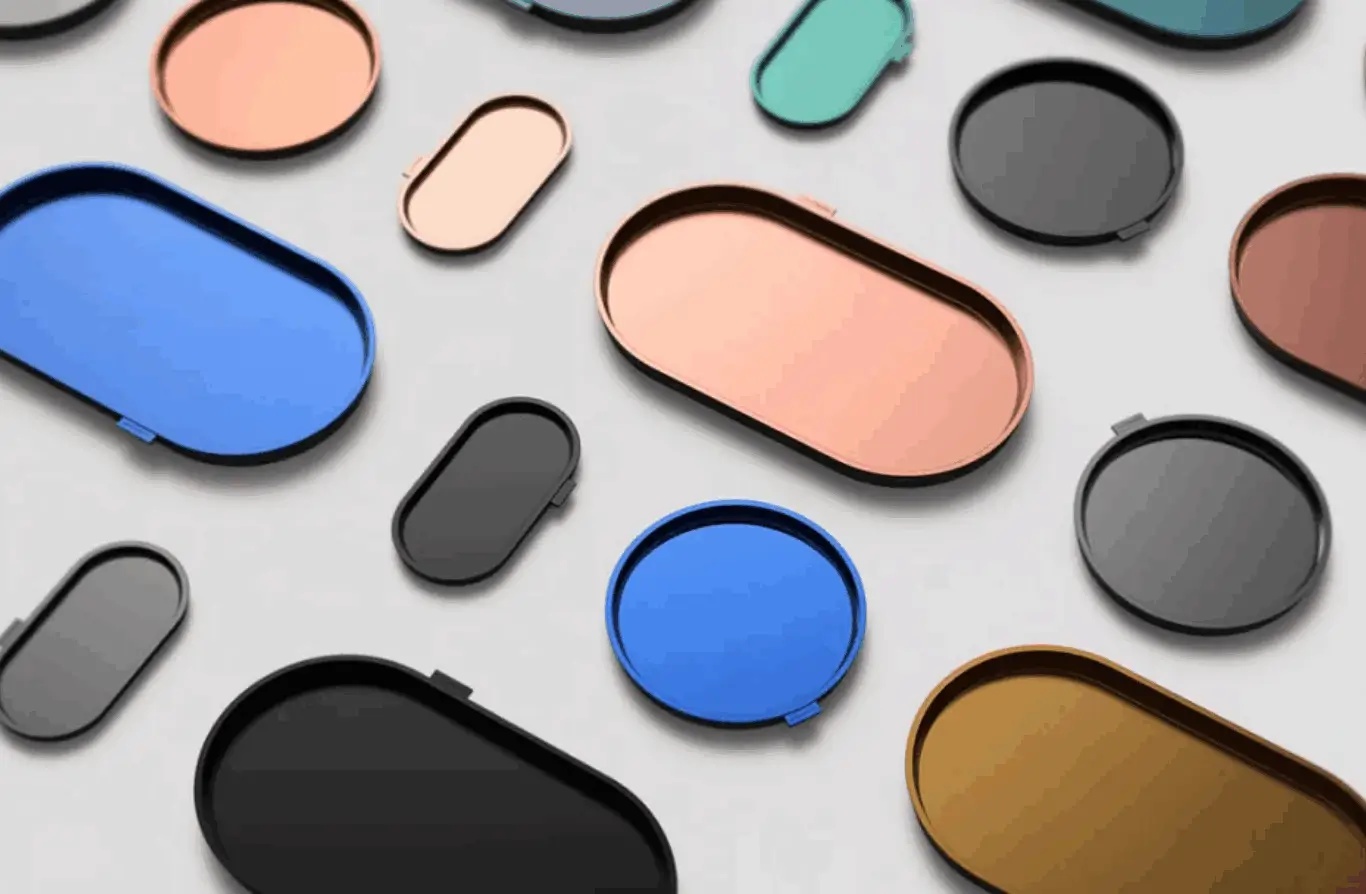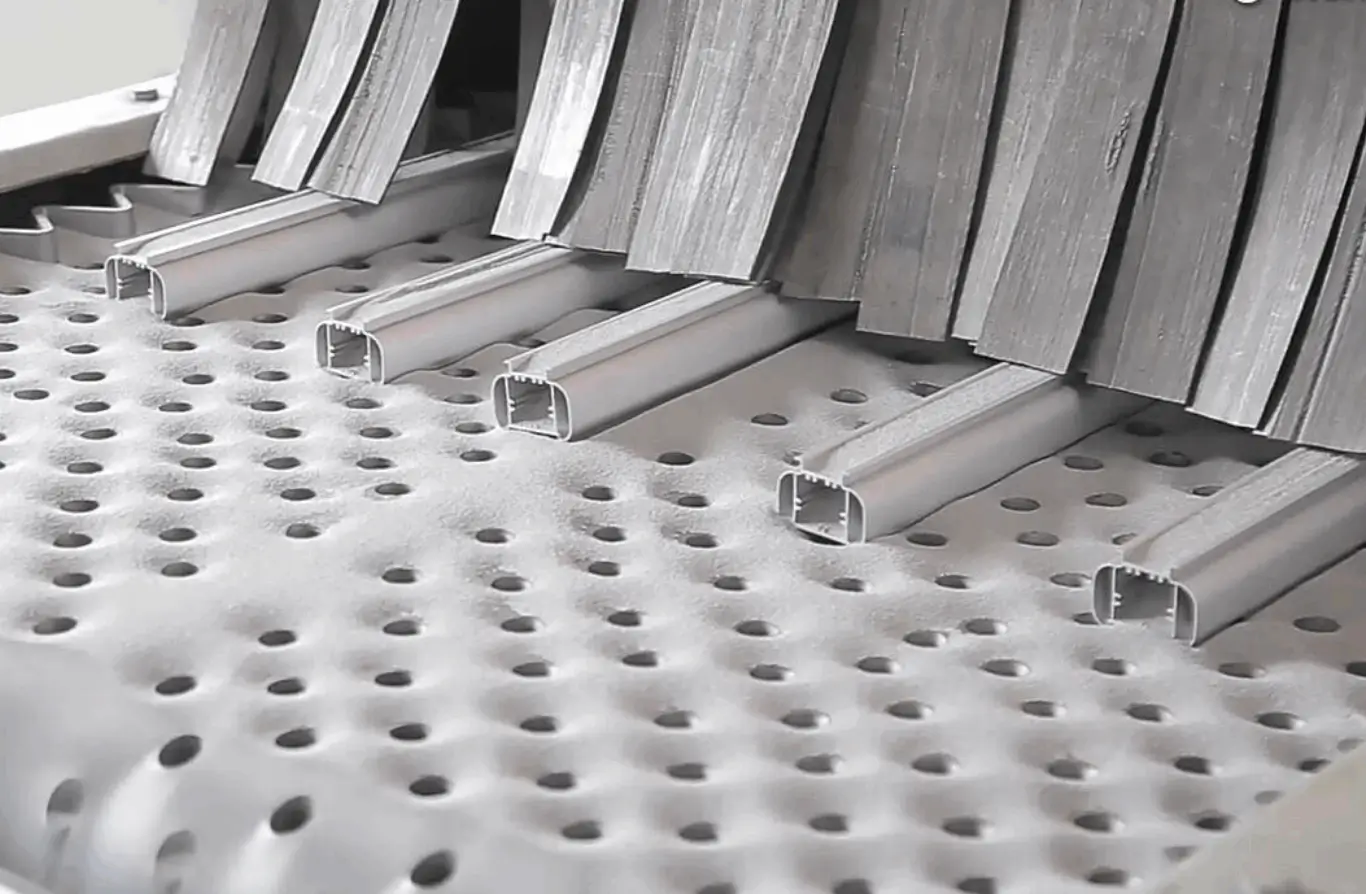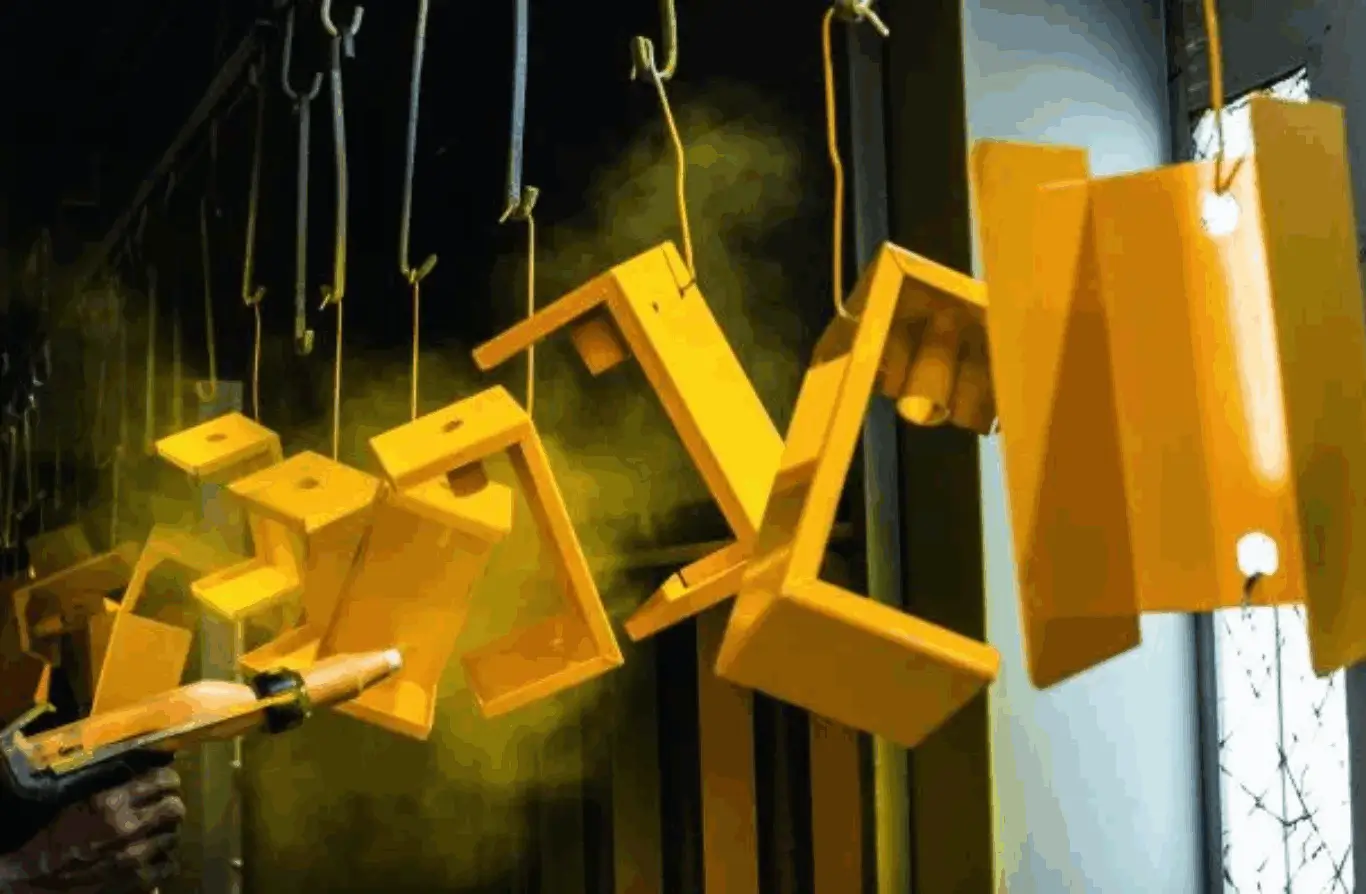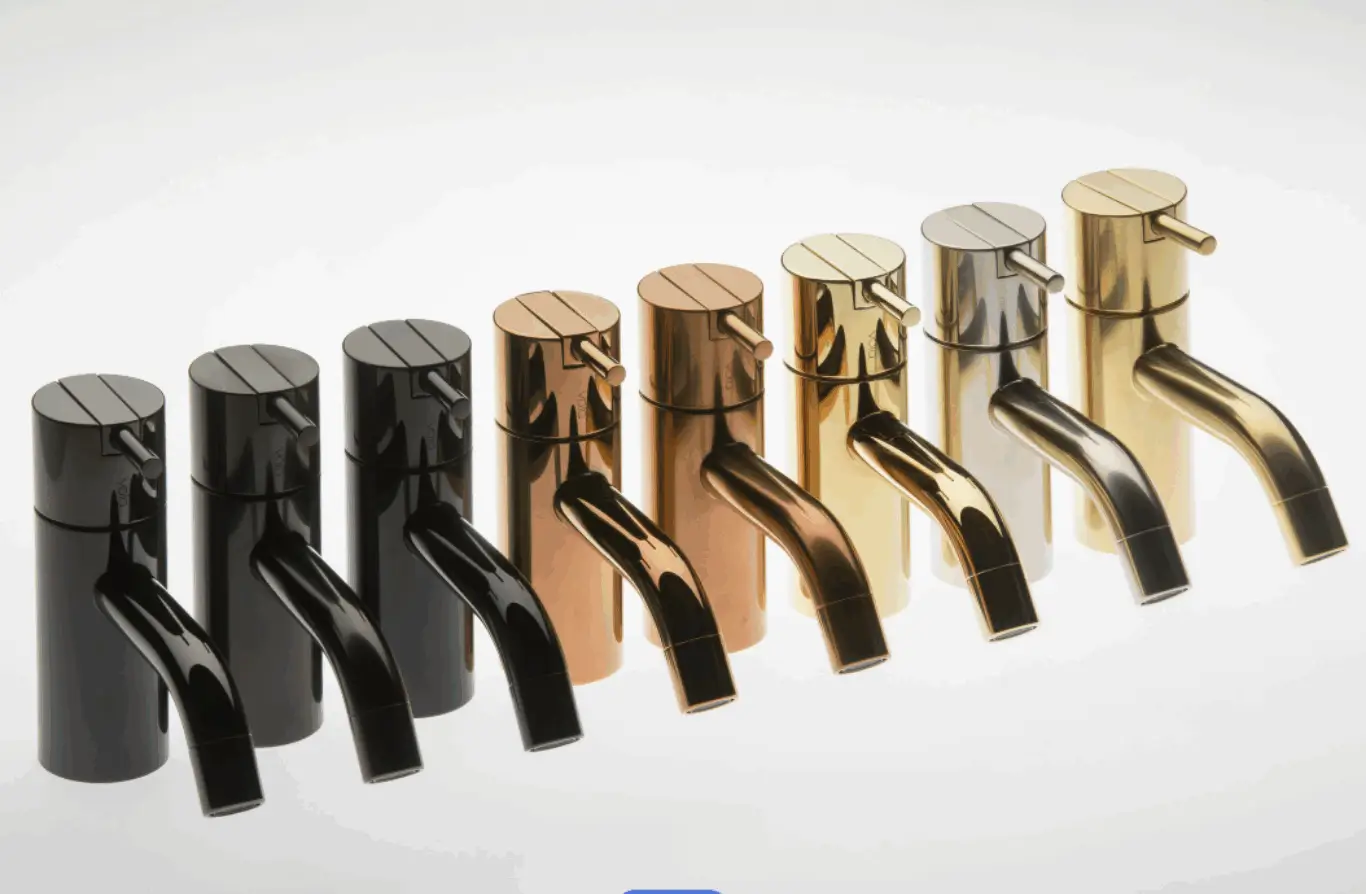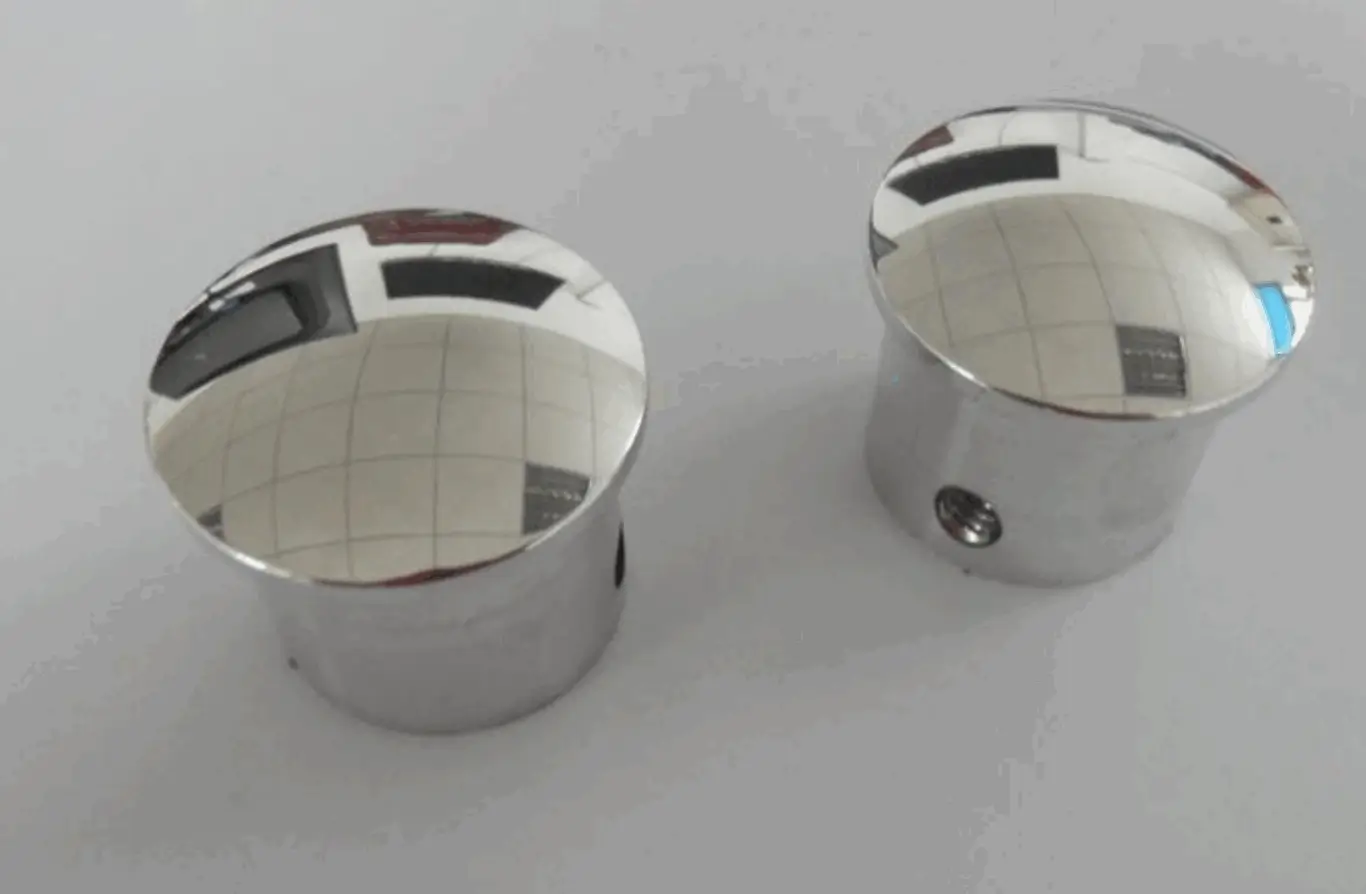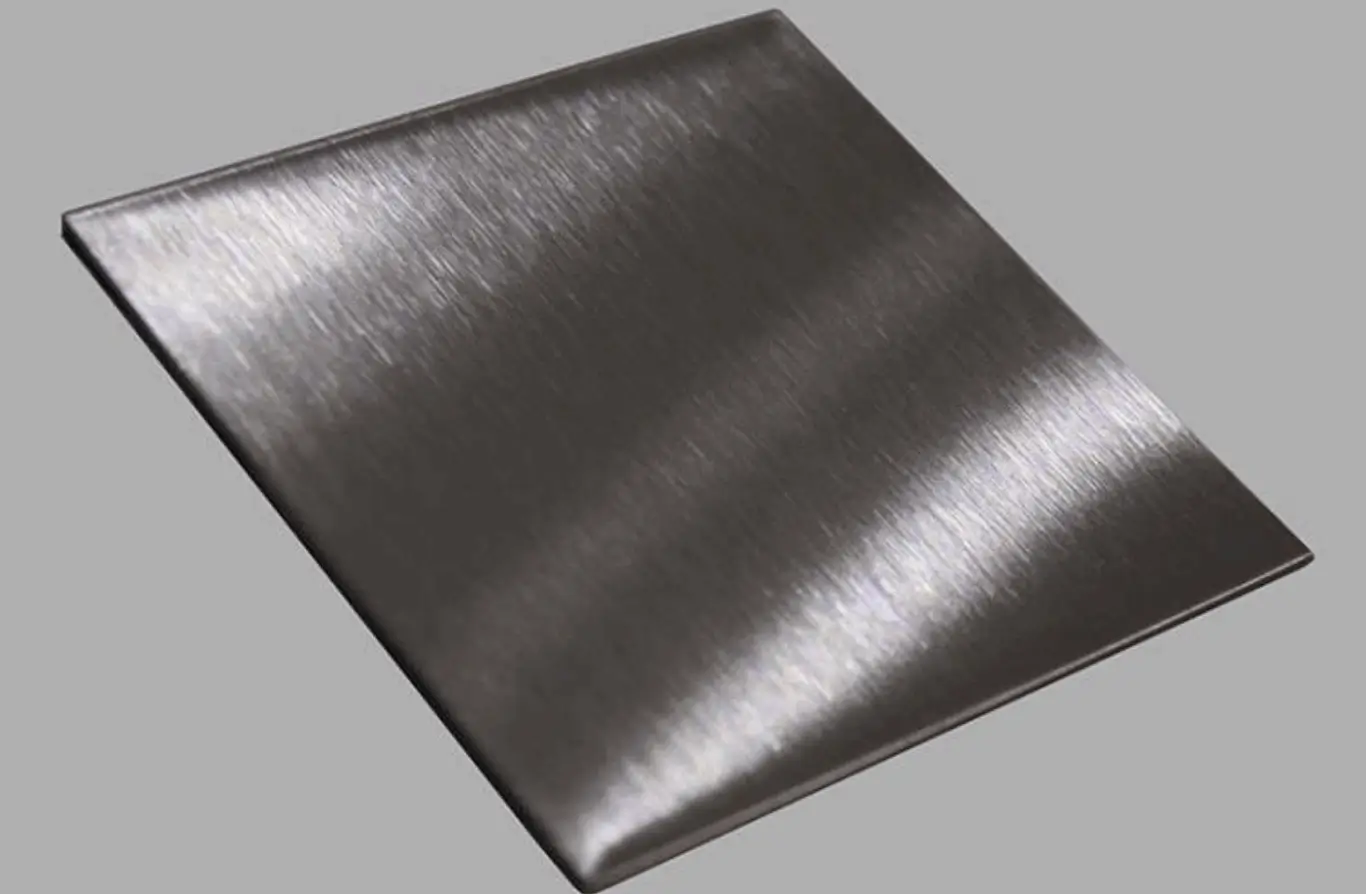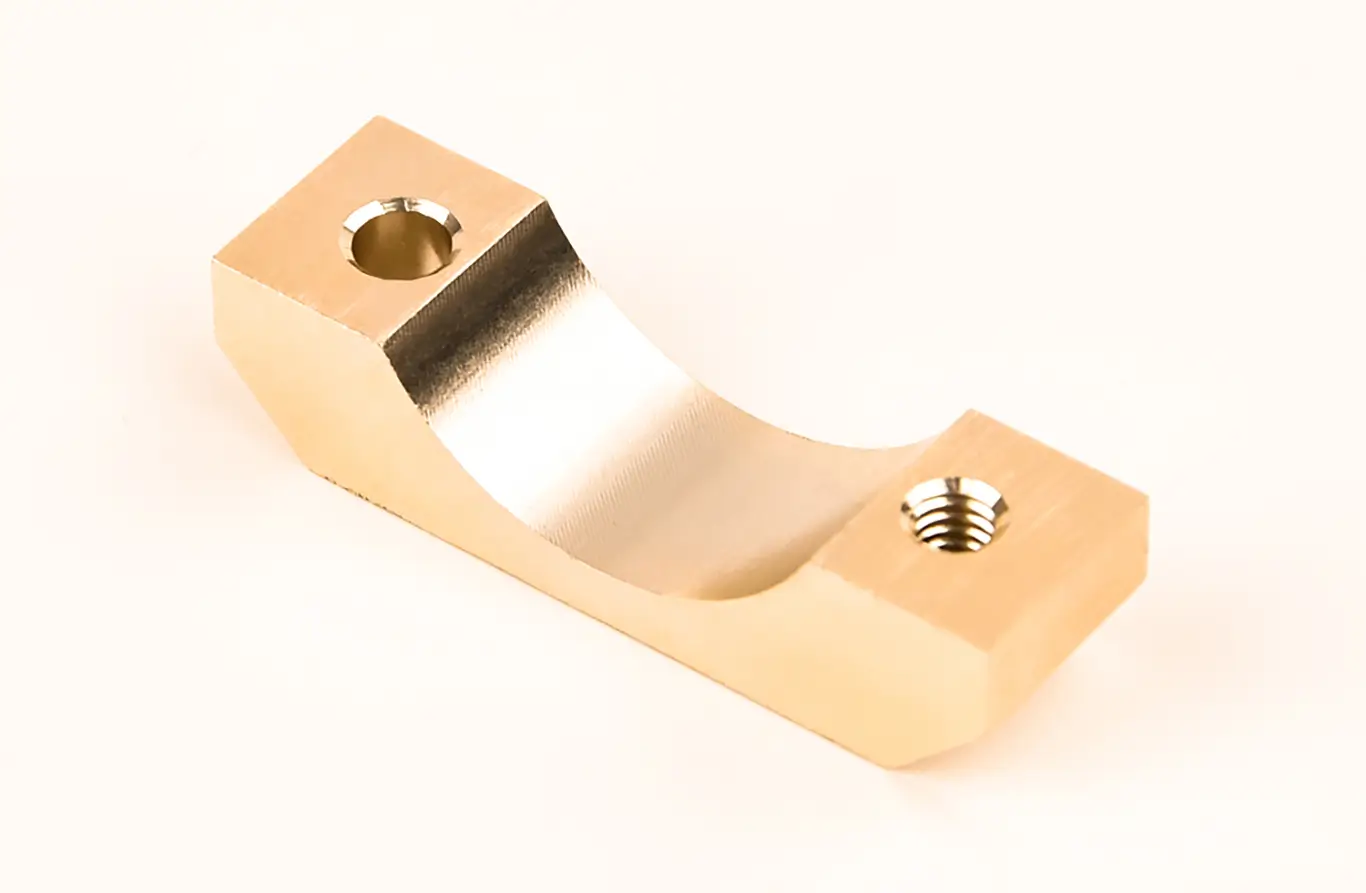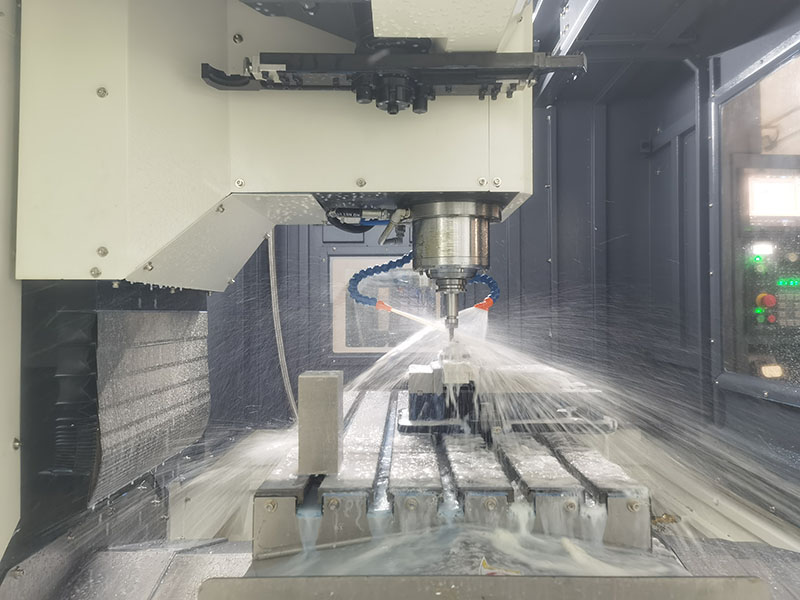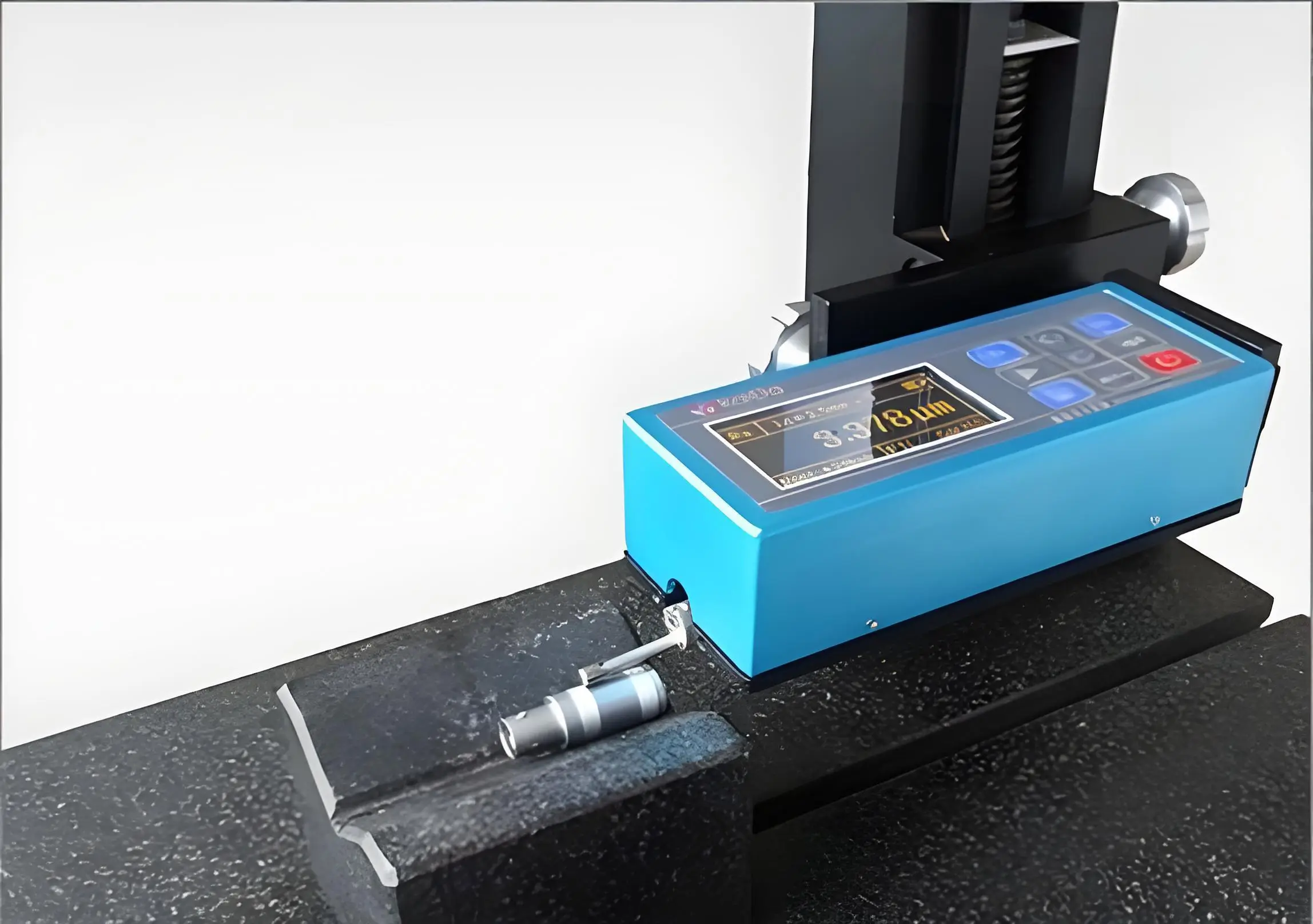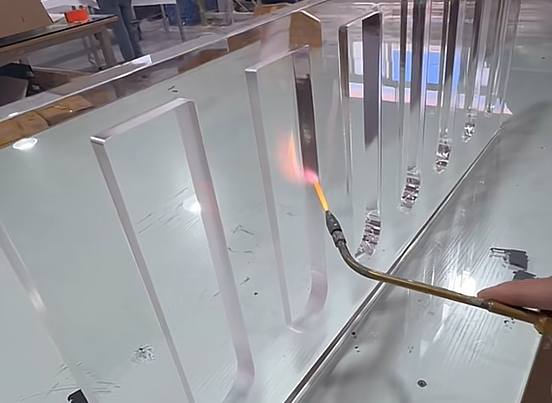Obtaining metal and plastic machined parts from China.
Custom CNC Machining Services
- ISO 9001:2015 certified with ±0.01mm machining tolerance
- 30+ materials and 20+ surface finishes available
- Parts delivered as fast as 1 day with 30% shorter lead time
- End-to-end support from DFM to mass production
Explore Our CNC Machining Capabilities
We provide customized CNC machining services ranging from rapid prototyping to volume production, delivering to global customers. With comprehensive capabilities including milling, turning, engraving, EDM, drilling, and precision grinding, we efficiently handle components of varying complexity—from simple to intricate parts—with delivery times as fast as 1 day. Backed by ISO certification, we ensure precision and consistency in every project, delivering reliable quality you can always count on.
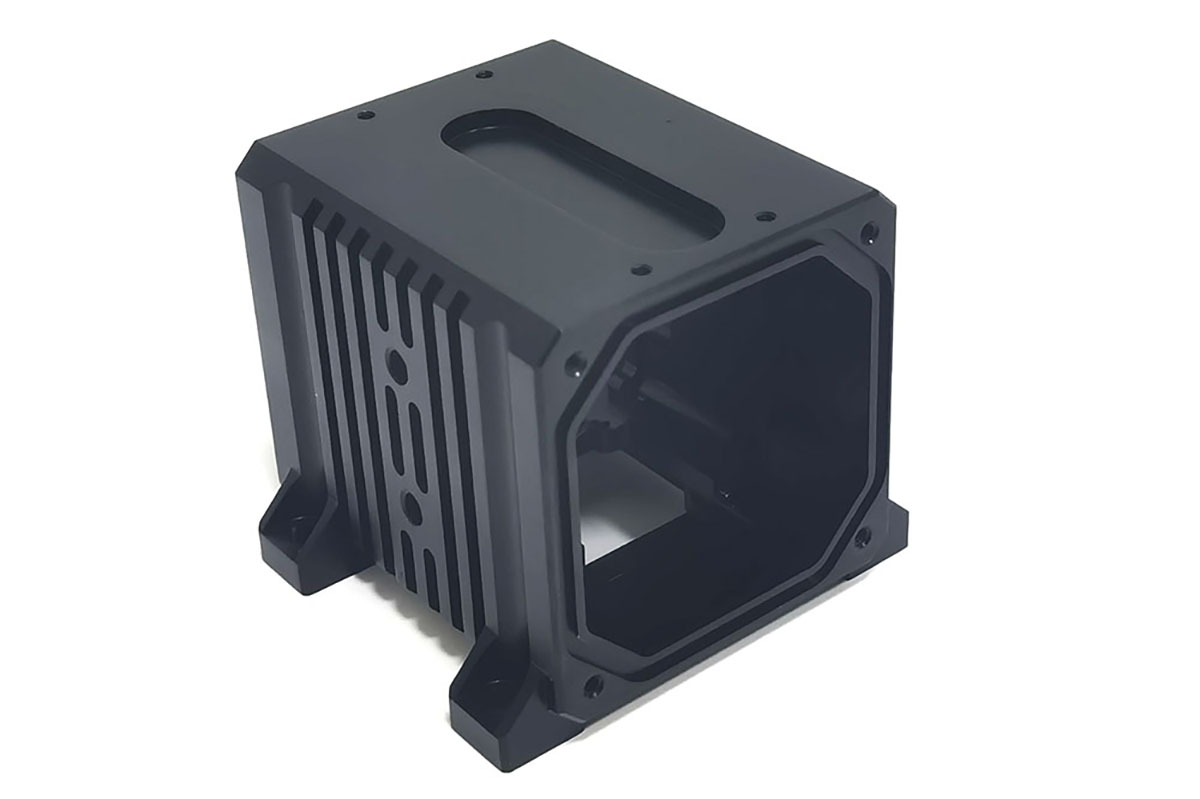
Custom CNC Milling Services
CNC milling is ideal for creating precision components with complex features such as holes, pockets, and contours. We support 3-axis, 4-axis, and 5-axis milling with tight close tolerances and a wide range of materials, from aluminum to engineering plastics.
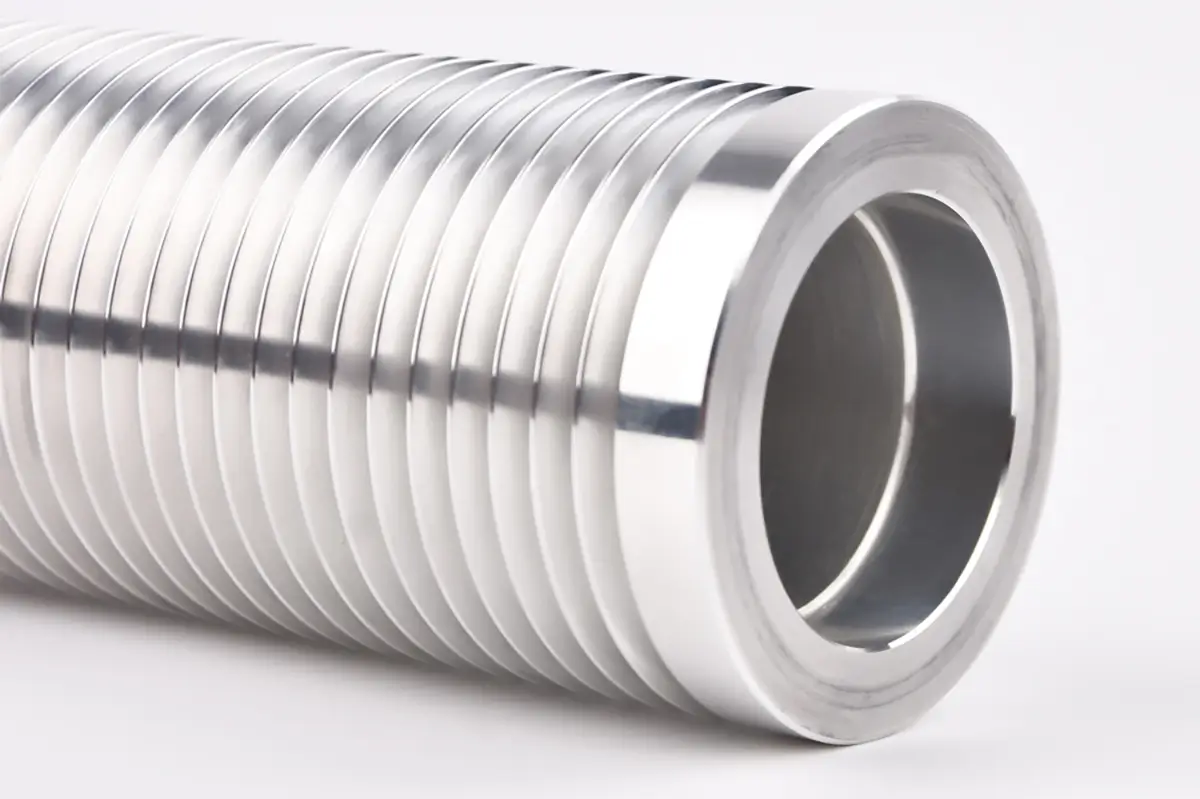
Custom CNC Turning Services
CNC turning is used to produce accurate round parts such as shafts, pins, and threaded features. It’s well-suited for both simple and complex cylindrical geometries, with fast cycle times and consistent repeatability across prototypes and production.
CNC Machining Materials
A wide range of materials can be used in CNC machining, from metals to plastics. Whether you’re prototyping or producing complex parts in volume, we offer instant quotations for over 30 material types—and even allow easy comparisons across different machining options.
Aluminum
Aluminum is widely used in CNC machining for its excellent machinability, lightweight properties, and corrosion resistance. It’s ideal for prototypes, enclosures, structural parts, and applications where weight and strength must be balanced.
| Available Aluminum at Machmaster: | Aluminum 6061, 6061-T6, Aluminum 2024, Aluminum 5052, Aluminum 5083, Aluminum 6063, Aluminum 6082, Aluminum 7075, 7075-T6, Aluminum ADC12 (A380) |
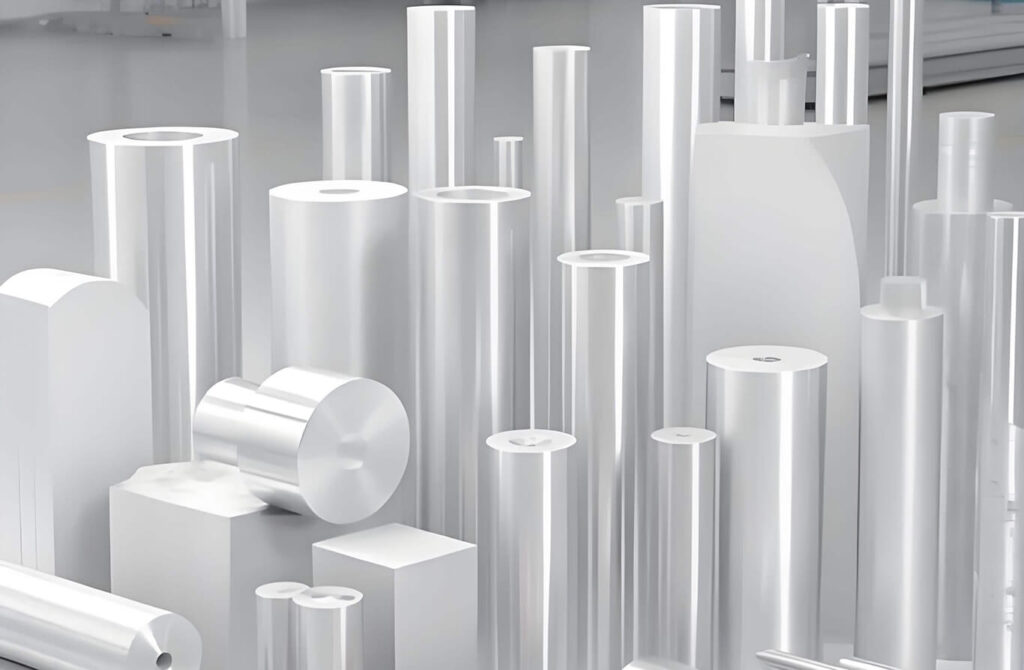
Stainless Steel
Stainless steel offers outstanding strength, wear resistance, and corrosion protection. It’s a preferred choice for high-stress or outdoor parts across industries like medical devices, automotive, and consumer electronics.
| Available Stainless Steel at Machmaster: | Stainless Steel SUS201, SUS303, SUS 304, SUS316, SUS316L, SUS42, SUS430, SUS431, SUS440C, SUS630/17-4PH, AISI 304 |
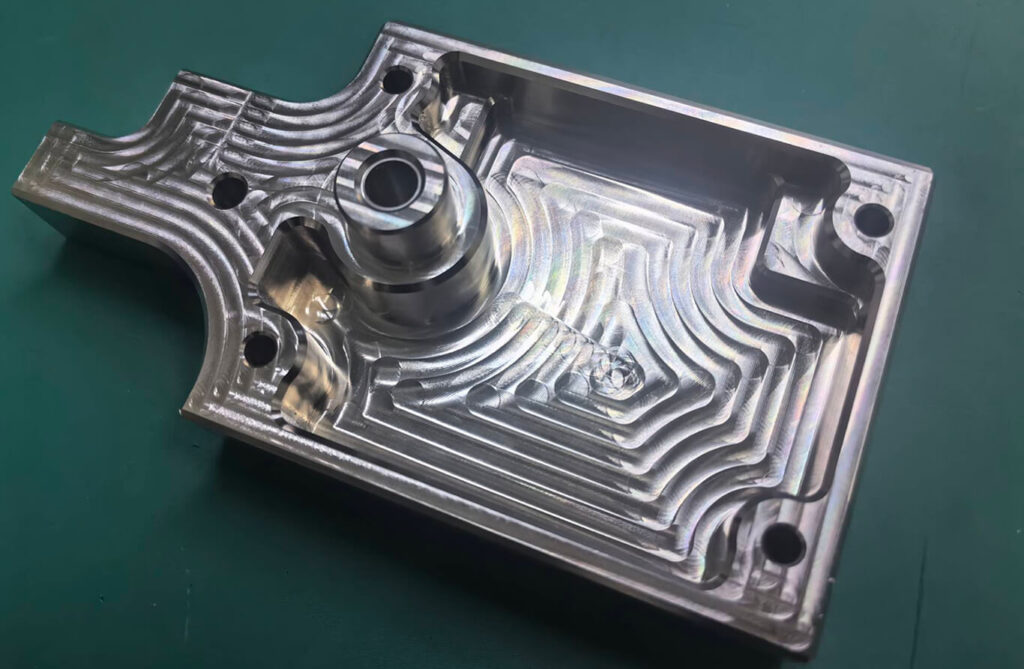
Brass
Brass is known for its good machinability, aesthetic appeal, and electrical conductivity. It’s commonly used in CNC parts for plumbing components, fittings, decorative hardware, and electrical connectors.
| Available Brass at Machmaster: | Brass C27400, C28000, C36000 |

Copper
Copper provides excellent thermal and electrical conductivity. CNC machined copper parts are widely used in electronics, heat sinks, and industrial components requiring rapid heat transfer or low resistance.
| Available Copper at Machmaster: | Copper C101(T2), C103(T1), C103(TU2), C110(TU0), Beryllium Copper |
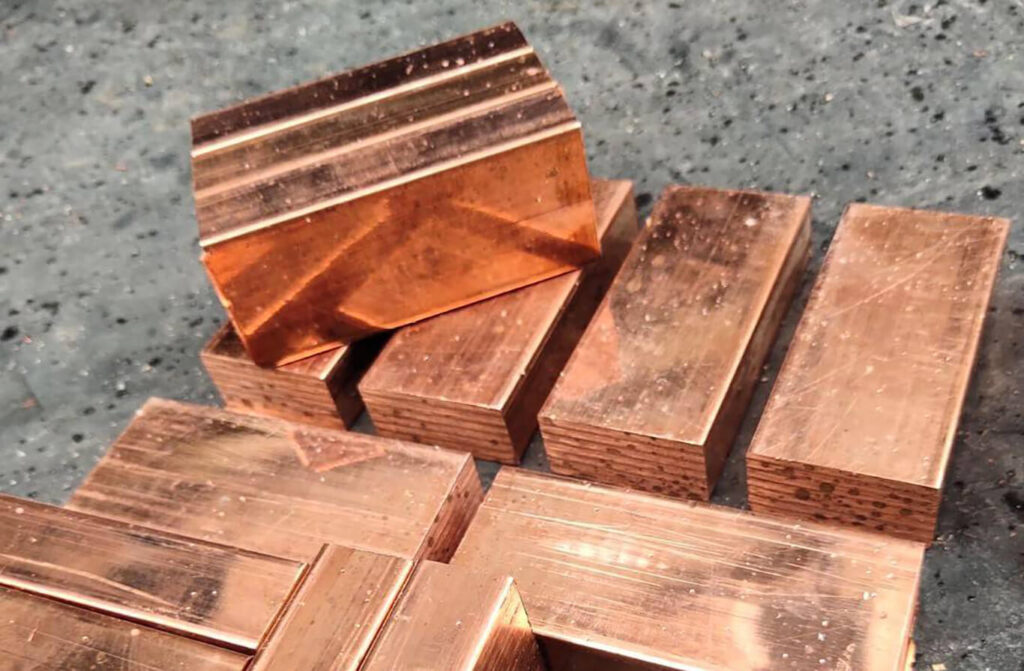
Titanium
Titanium combines high strength, low weight, and excellent corrosion resistance. Though harder to machine, it’s ideal for aerospace, medical implants, and demanding applications where material performance matters.
| Available Titanium at Machmaster:: | Titanium Alloy TA1, Alloy TA2, Alloy TC4/Ti-6Al 4V |
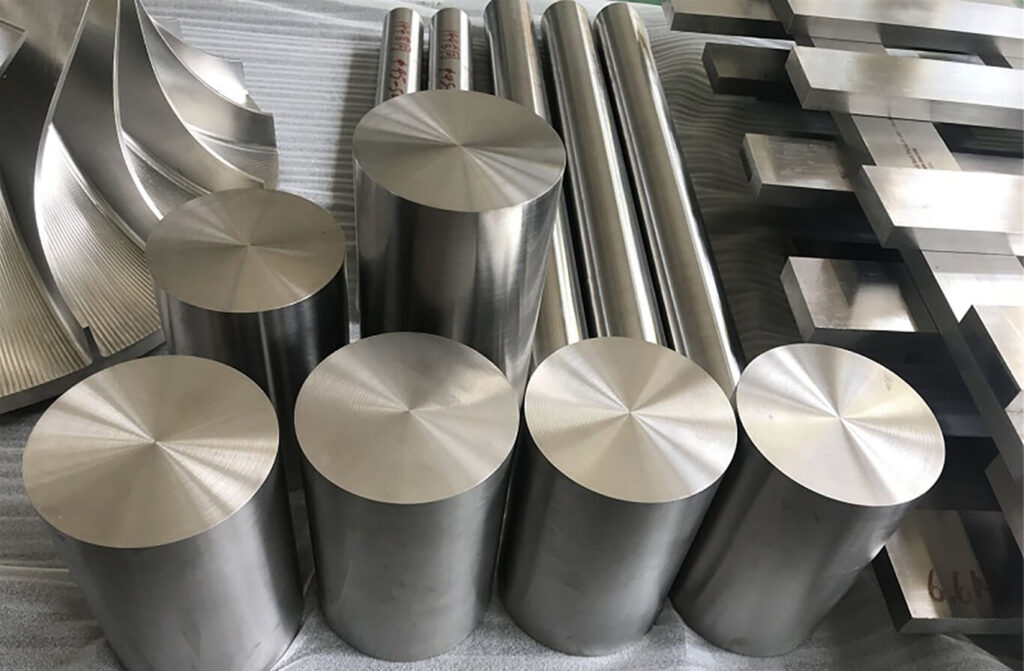
Plastics
Engineering plastics like ABS, POM, and PC are lightweight, cost-effective, and easy to machine. They’re suitable for functional prototypes, insulation components, housings, and parts requiring impact resistance or electrical isolation.
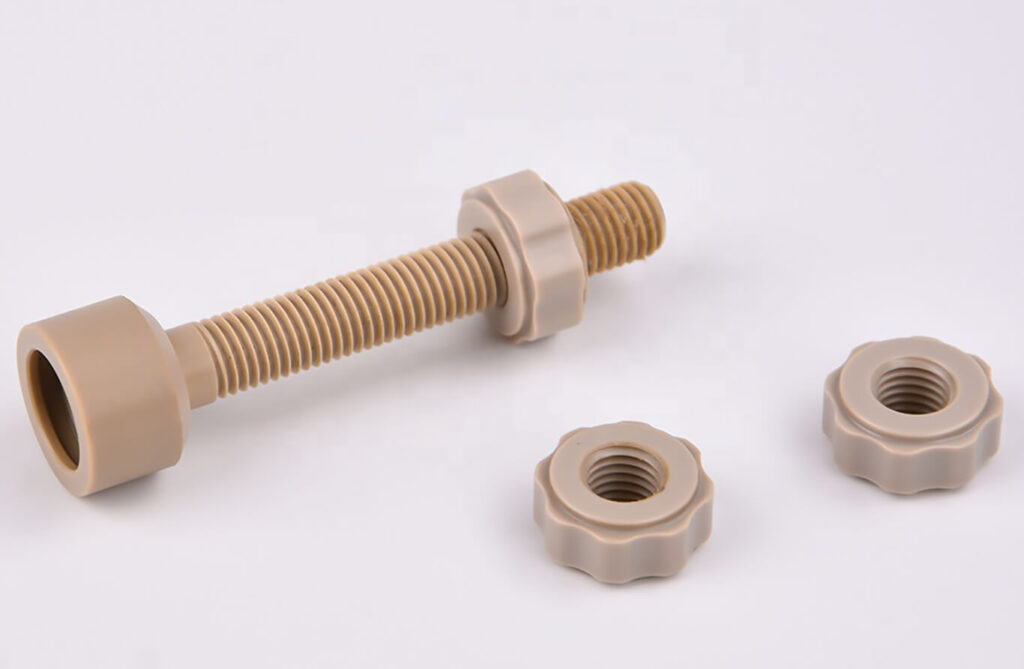
Post-Machining Finishes & Treatments
From powder coating to anodizing, we offer a range of finishing processes to improve part performance and appearance.
As machined
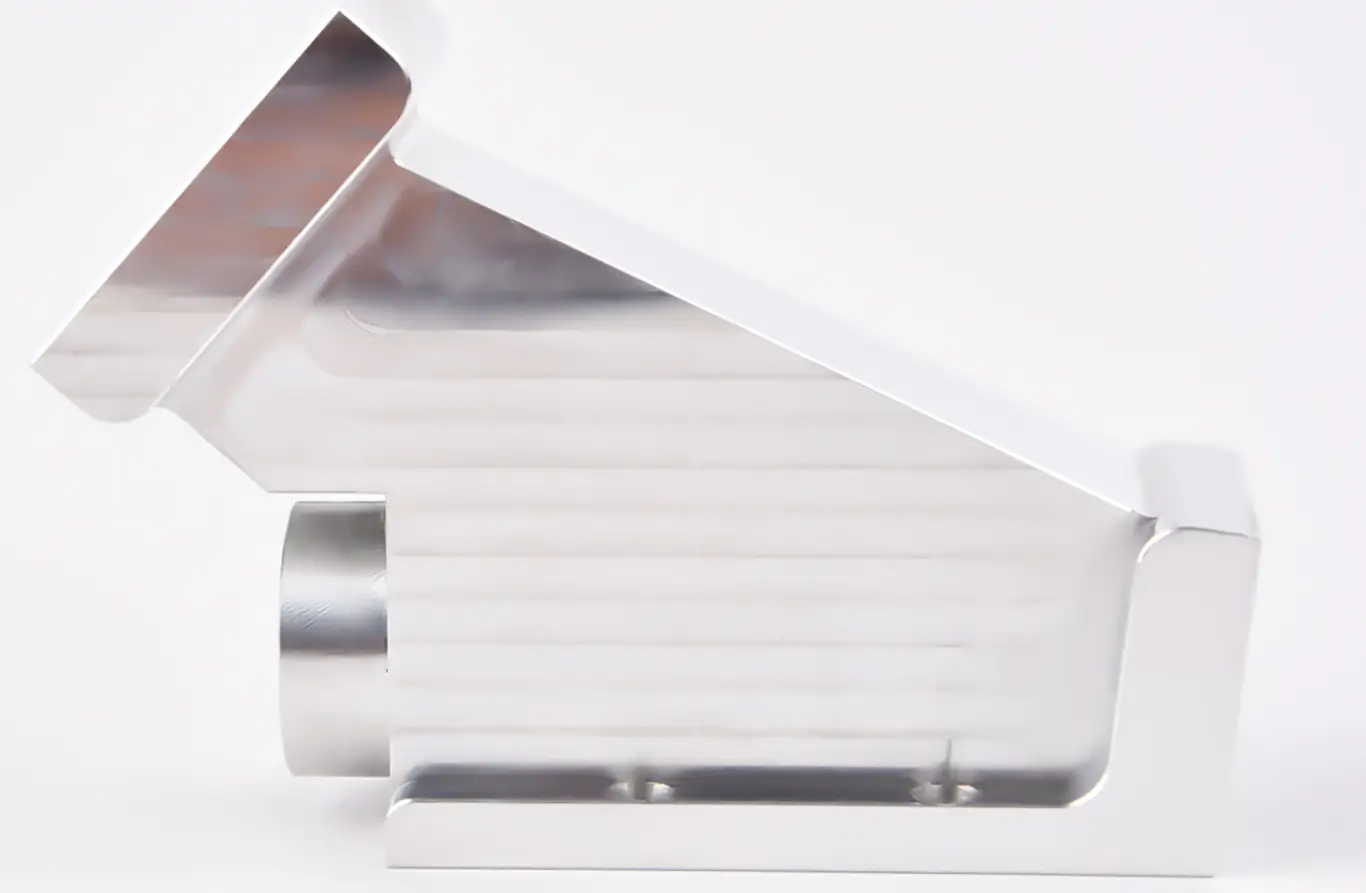
The part is left as-is from CNC machining, offering a cost-effective solution with visible tool marks and a standard roughness of 3.2 μm (126 μin), plus deburring for safe handling.
Anodizing enhances corrosion and wear resistance by forming a protective oxide layer on aluminum or titanium surfaces. It also allows for decorative coloring and improves overall part durability.
Bead Blasting
Bead blasting produces a uniform matte finish by removing surface imperfections. Commonly used to improve appearance before anodizing, plating, or coating.
This dry finishing process applies powder to metal parts, then cures it into a tough, uniform coating. It offers excellent durability and is available in many colors and textures.
Electroplating uses electric current to deposit a metal layer onto a part, enhancing hardness, conductivity, and appearance with finishes like chrome or nickel.
Polishing removes surface flaws and creates a reflective, smooth finish. It’s used to improve aesthetics, reduce friction, and prepare parts for secondary coatings.
Brushing applies a fine, directional texture using abrasive belts or pads. Often used for decorative metal finishes or to visually mask minor surface defects.
Applied primarily to aluminum, Alodine coating creates a corrosion-resistant and paint-ready surface, significantly improving both protection and finish durability.
Real-World CNC Machining Samples
See examples of CNC machined parts we’ve produced for aerospace, medical, electronics, and other demanding industries.
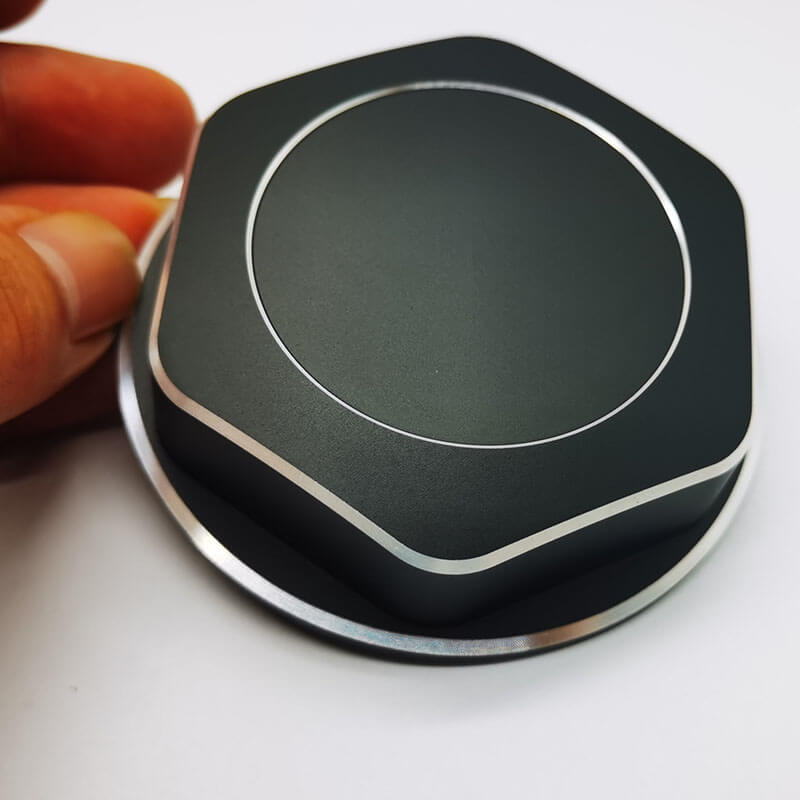
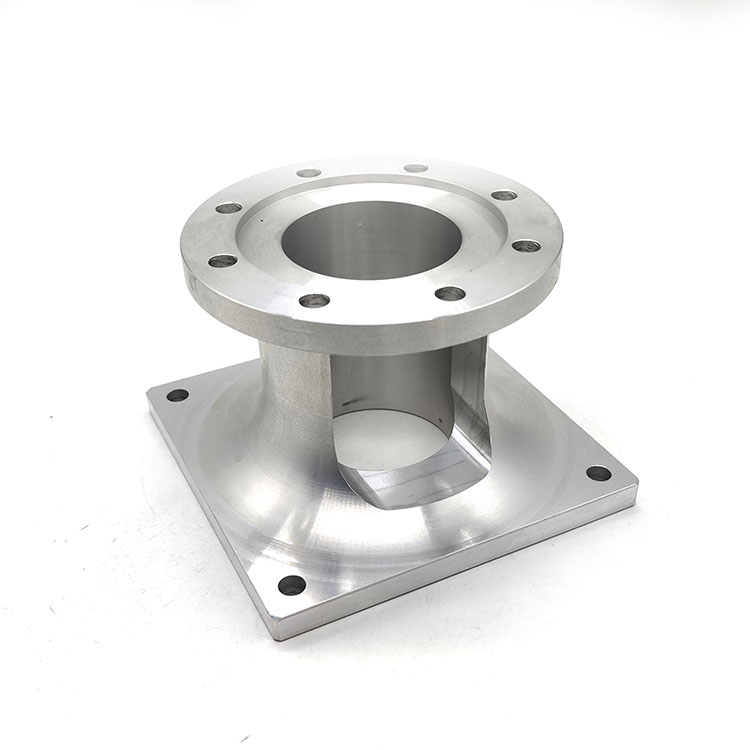
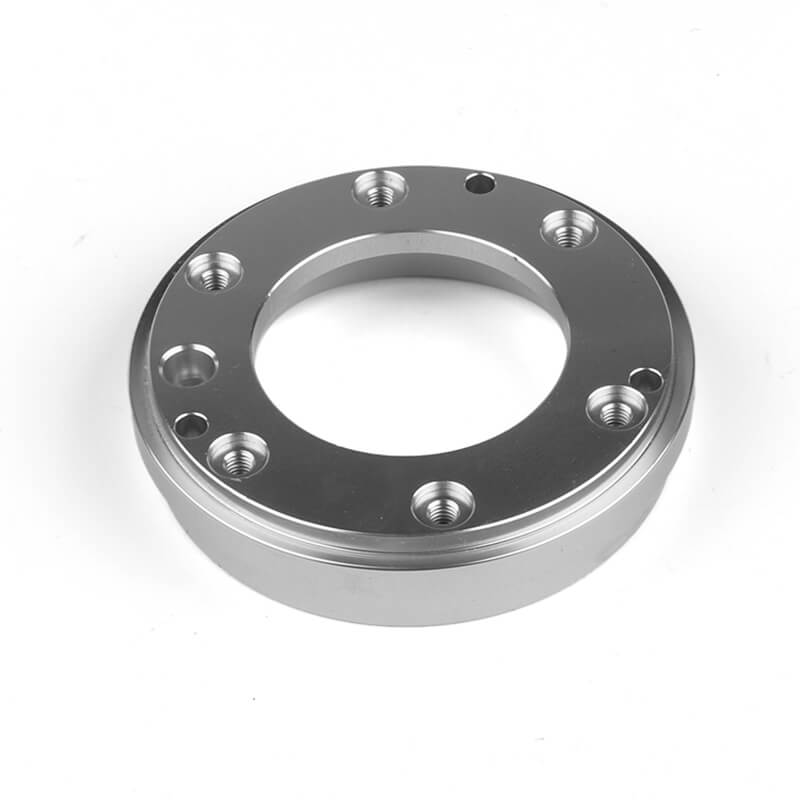
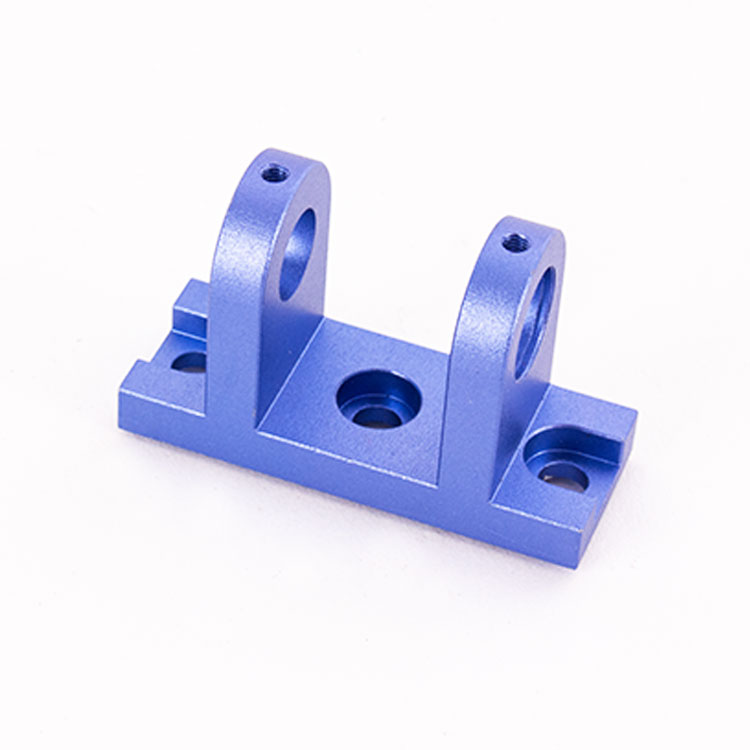
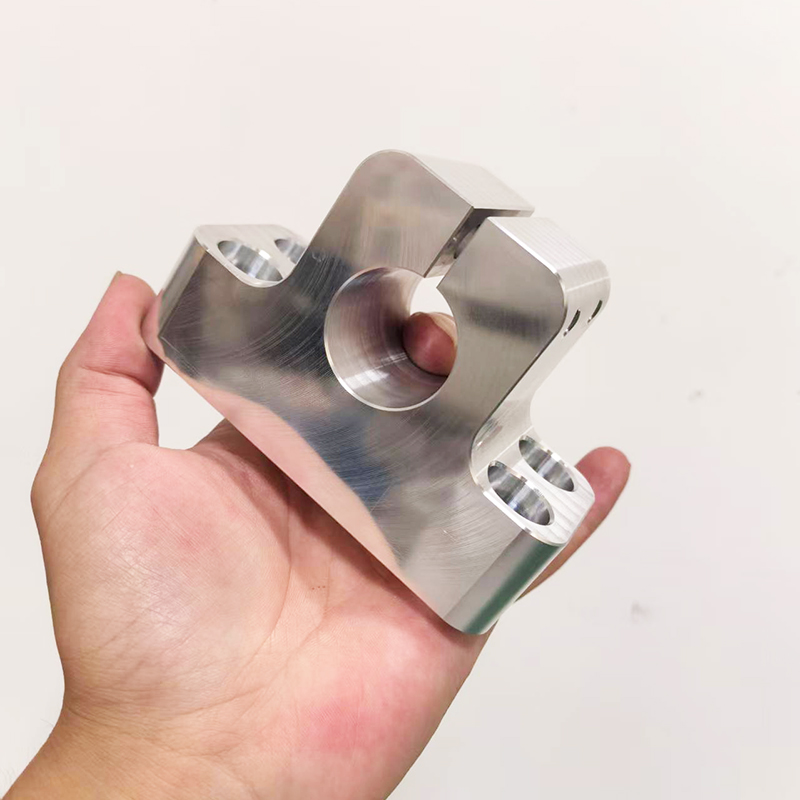
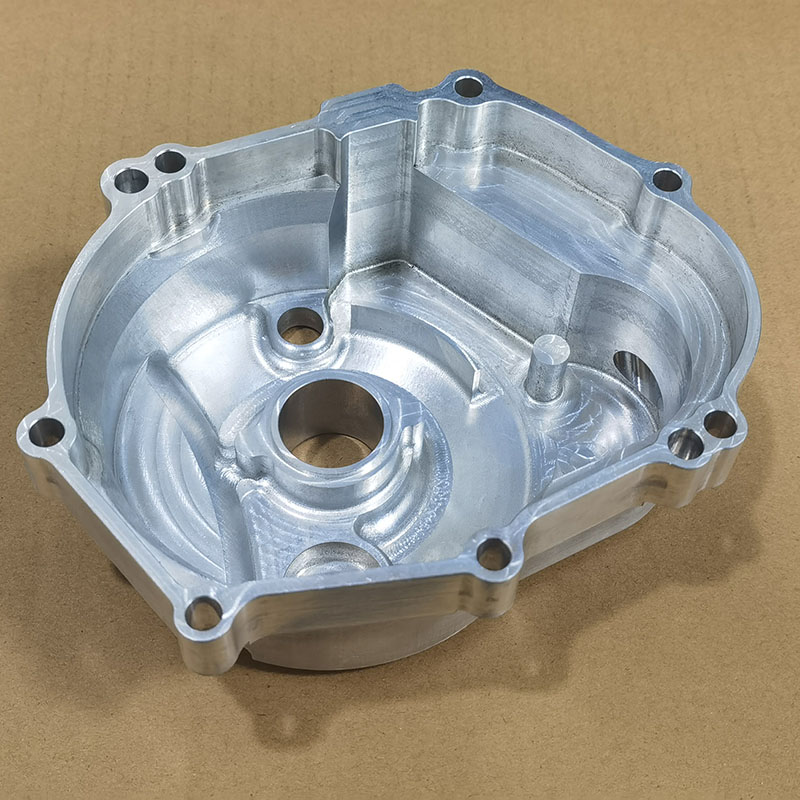
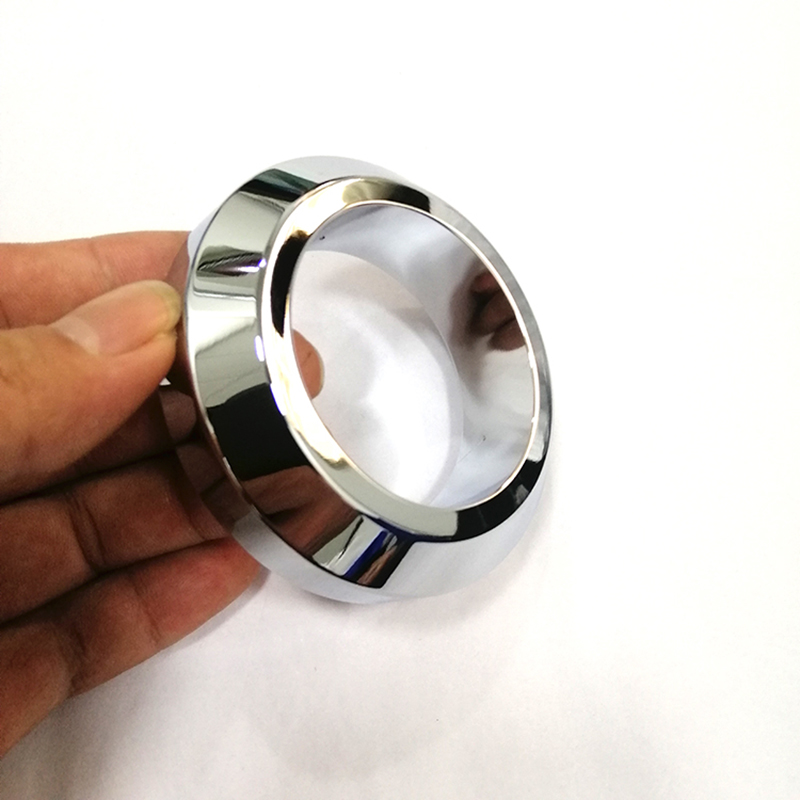
Manage Your Machining Needs with MachMaster
Why MachMaster Is the Right Choice
We combine engineering precision with production flexibility—offering tight tolerances, diverse materials, and fast lead times to meet your manufacturing needs. Whether you require prototypes or complex end-use parts, MachMaster delivers consistent quality and performance.
Tight Tolerance Accuracy
Parts machined to ±0.01 mm for functional fit, surface finish, and critical dimensions.
Low-Volume Friendly
From one-off prototypes to short runs—no MOQ, fast response, flexible output.
Precision for Complex Parts
Equipped with 60+ CNC machines for multi-surface and complex contour machining.
Material Versatility
Supports aluminum, stainless steel, brass, POM, PC, and other engineering plastics.
ISO 9001 Certified Workflow
Triple-stage inspection ensures every part meets your spec before shipment.
Rapid Lead Times
Prototypes delivered in as fast as 1 day, with full tracking and schedule control.
Speed Meets Precision at MachMaster
See our team, process, and precision in action at Xiamen MachMaster Co., Ltd—where every part is backed by expertise, systems, and measurable results.
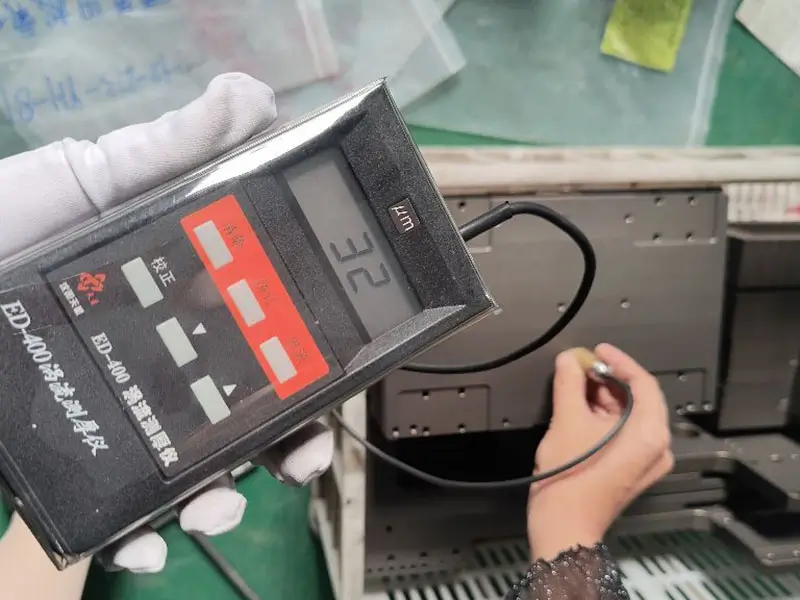
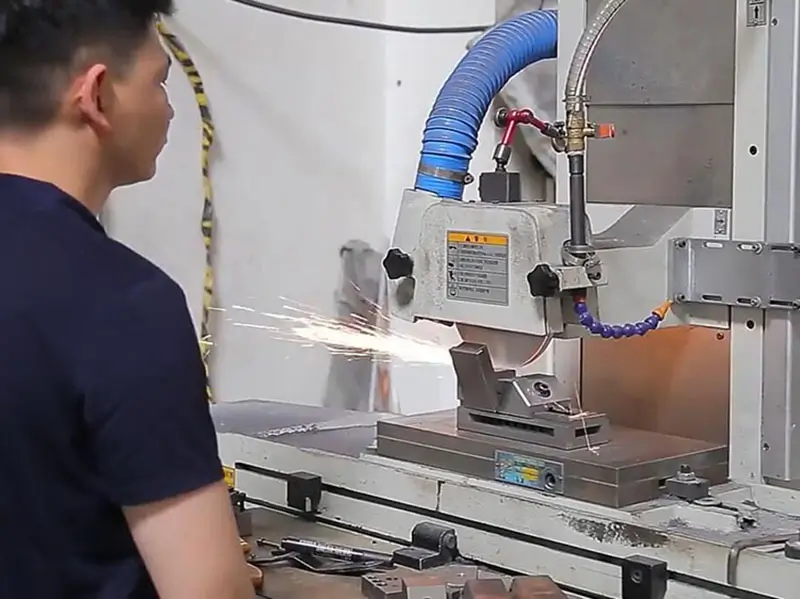
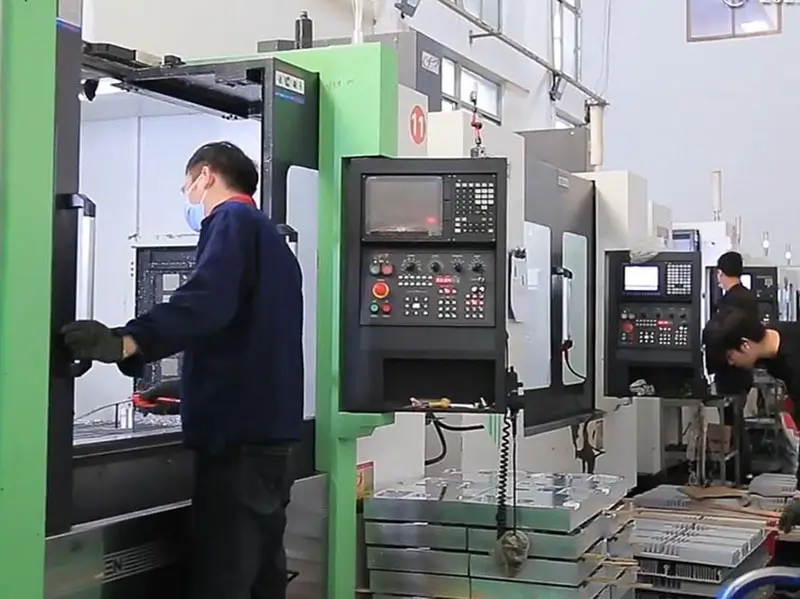
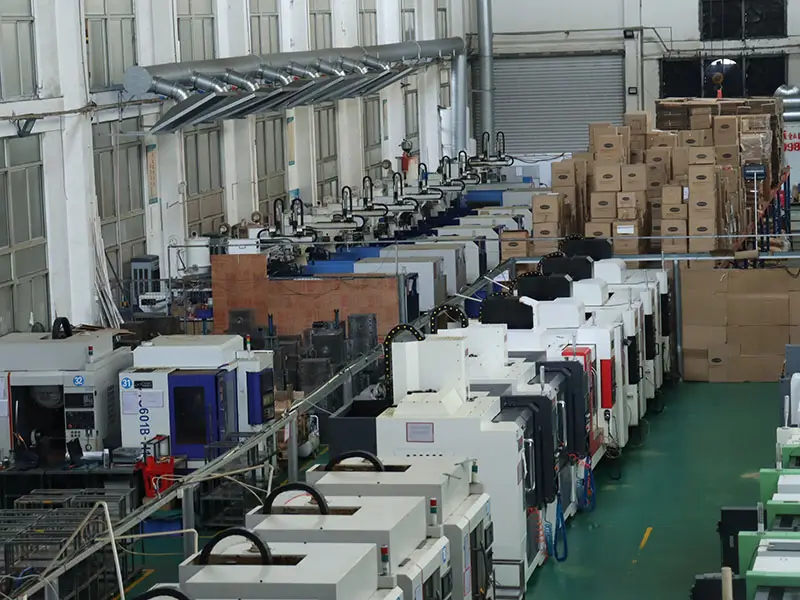
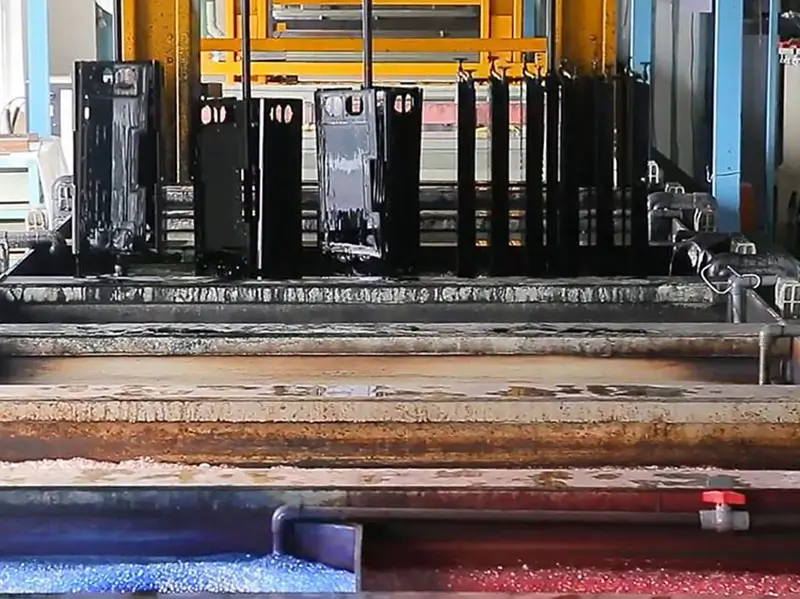
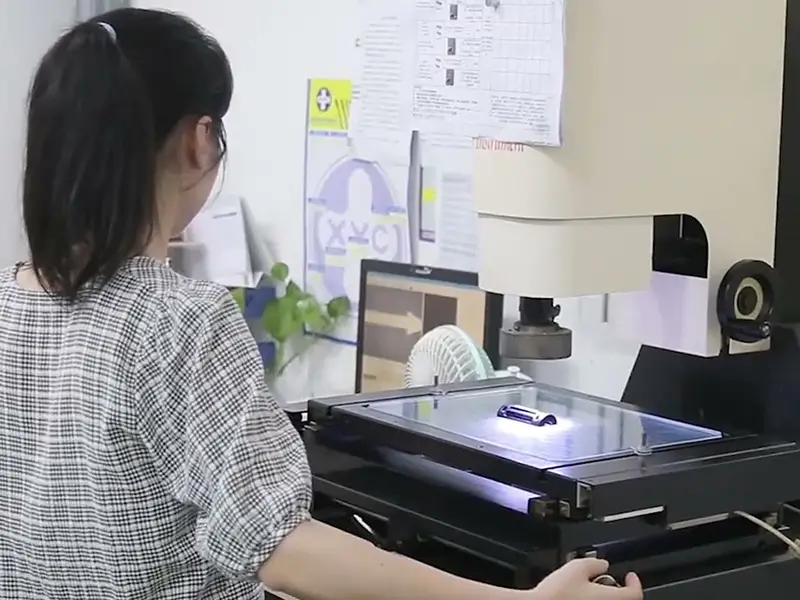
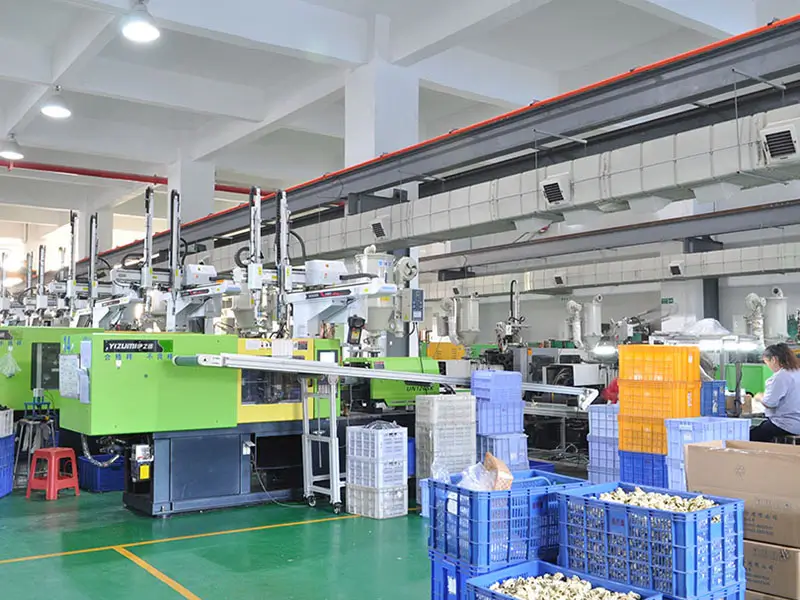
CNC Machining Tolerance Standards
Our CNC machining tolerances adhere to ISO standards to ensure precision and functionality. For metal parts, we apply ISO 2768-m, while for plastic parts we follow ISO 2768-c. This systematic approach guarantees accuracy, interchangeability, and optimized manufacturability for every project.
| Type | CNC Milling | CNC Turning |
|---|---|---|
| Maximum Part Size |
4000×1500×600 mm
157.5×59.1×23.6 in. |
200×500 mm
7.9×19.7 in. |
| Minimum Part Size |
4×4 mm
0.1×0.1 in. |
1×1 mm
0.079×0.079 in. |
| Minimum Feature Size |
Φ 0.50 mm
Φ 0.00197 in. |
Φ 0.50 mm
Φ 0.00197 in. |
| Standard Tolerances |
Metals: ISO 2768-m
Plastics: ISO 2768-c |
Metals: ISO 2768-m
Plastics: ISO 2768-c |
| Linear Dimension |
+/- 0.02 mm
+/- 0.001 in. |
+/- 0.01 mm
+/- 0.001 in. |
|
Hole Diameters
(Not Reamed) |
+/- 0.025 mm
+/- 0.001 in. |
+/- 0.025 mm
+/- 0.001 in. |
| Shaft Diameters |
+/- 0.025 mm
+/- 0.001 in. |
+/- 0.025 mm
+/- 0.001 in. |
| Threads and Tapped Holes |
Diameter: Φ 1.5-5 mm, depth: 3×diameter
Diameter: Φ 5 mm or more, depth: 4-6×diameter |
Diameter: Φ 1.5-5 mm, depth: 3×diameter
Diameter: Φ 5 mm or more, depth: 4-6×diameter |
| Text | Minimum width of 0.5 mm, depth of 0.1 mm MachMaster can use CNC engraving or laser carving to create standard text based on customers’ requirements. | MachMaster can use laser marking to create standard text for CNC turned parts. |
| Edge Condition | Sharp corners will be removed in the form of a chamfer or radius. The size of the chamfer, or resulting radii, must be indicated on the drawing. | |
CNC Machining Overview
01 What Is CNC Machining?
CNC (Computer Numerical Control) machining is a subtractive manufacturing process that uses computer-controlled tools to remove material from a solid block. By following pre-programmed instructions, machines precisely cut, drill, or mill raw materials—such as metal or plastic—into highly accurate and repeatable parts for industrial use.
02 How Does the CNC Machining Process Work?
The process starts with a 3D CAD design, which is converted into toolpaths by CAM software. CNC machines then follow these digital instructions to cut, drill, or mill material into a final part.
03 Why Choose CNC Machining?
CNC machining offers high precision, excellent repeatability, and faster production compared to manual machining. It’s ideal for prototypes and production parts that demand tight close tolerances and consistent quality.
04 How Much Does CNC Machining Cost in China?
Pricing varies by complexity, material, and shop scale. Basic 3-axis machining can cost $10–30/hour, while more advanced setups may charge more. In China, rates are generally lower than in Europe or the U.S.
05 What’s the Difference Between CNC Machining and 3D Printing?
CNC machining is subtractive—cutting from solid blocks—while 3D printing is additive. CNC offers better strength, tighter tolerances, and more material options, especially for functional or end-use parts.
06 What Materials Can Be Used in CNC Machining?
Common materials include aluminum, stainless steel, brass, ABS, POM, and PC. The process supports both metals and plastics, depending on the application and part function.
Explore More of Our Resources
CNC Machining Fundamentals:
Material-Specific Machining:
- Titanium Machining: What You Must Know
- Machining Stainless Steel: What You Need to Know
- Machining Brass: What You Must Know
Alternative & Comparative Finishes:
- Machining Carbon Fibre: What You Need to Know
- The Smart Guide to Machining Teflon
- CNC Machining Nylon: What You Need to Know
Still haven’t found what you’re looking for? Don’t hesitate to contact us. We’re available around the clock to assist you.
Tell Us What You Need
At MachMaster, our engineers review every request and respond with tailored solutions.
Your files are kept strictly confidential and will only be used for quoting and manufacturing purposes.
- info@machcncmaster.com
- +86 139 5006 6486

